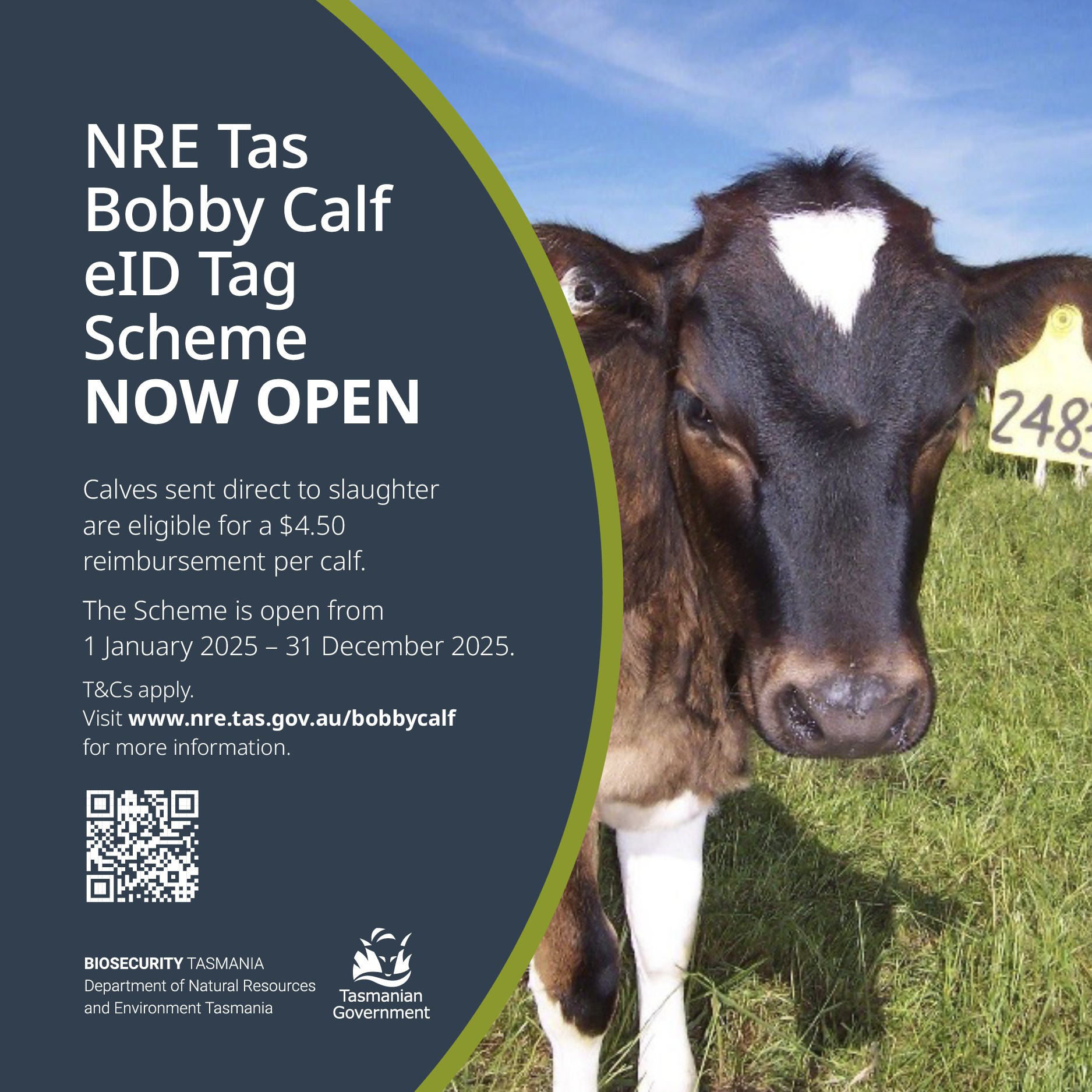Mop-top virus here to stay
The potato mop-top virus is here to stay, and farmers will have to learn to live with it, Primary Industries and Water Minister Gavin Pearce said today.
He said many other countries around the world have learned to do so, adjusting their farming methods and routines to minimise the impact.
Six sites, in both the north and south of the state, have been identified as being infected.
“It’s here to stay, you can’t get rid of it, so we are already looking to the future and strategies that will allow our potato industry to thrive - our reputation is paramount,” Mr Pearce said.
Mr Pearce said he was working across jurisdictions, including with federal Agriculture Minister Julie Collins, about potential supports for growers.
“The way Biosecurity Tasmania has been tracing it and finding causal links is a positive thing - it’s when there’s a gap and we don’t know where it’s come from - that’s a worry.”
“So how do we live with it, how do we farm around it and still get maximum yields? That is what we will have to work on.”
The state’s two major potato seed storage facilities near Latrobe, one supplying Simplot growers and the other McCains, also supplies seeds to South Australia, Victoria and New South Wales and the seed industry is worth millions of dollars to Tasmania.
“We are working on ensuring the seed available for the first plantings is tested and disease-free before planting in spring,” Mr Pearce said.
“What we really need to take care with is all the preparation work for planting - those farmers doing groundwork, picking up rocks and with them remnant potatoes from last season, ploughing and discing and the movements of contractors - all of these have the potential to spread the virus so biosecurity will be paramount.
“Biosecurity Tasmania will increase its education program and machinery movements will be restricted.”
TasFarmers CEO Nathan Calman said the immediate focus must now shift to government support and strong testing protocols.
“We’re asking the government to provide the support industry needs. Producers must have confidence that seed going into the ground over the next few months is free of the virus,” Mr Calman said.
Mr Calman further stressed it was important for growers to revisit their on-farm biosecurity plans and the importance of immediate action.
“Growers should be doubling down on the biosecurity practices they use on their properties. Now is the time to pull out your biosecurity plan and familiarise yourself with it as it only works if you’re following the controls you’ve outlined.”
“Farmers need to check all equipment coming onto their farms is clean, free of dirt, and disinfected. Visitors should be reporting to the site office before entering to avoid inadvertently spreading viruses or other biosecurity hazards.”




Add new comment